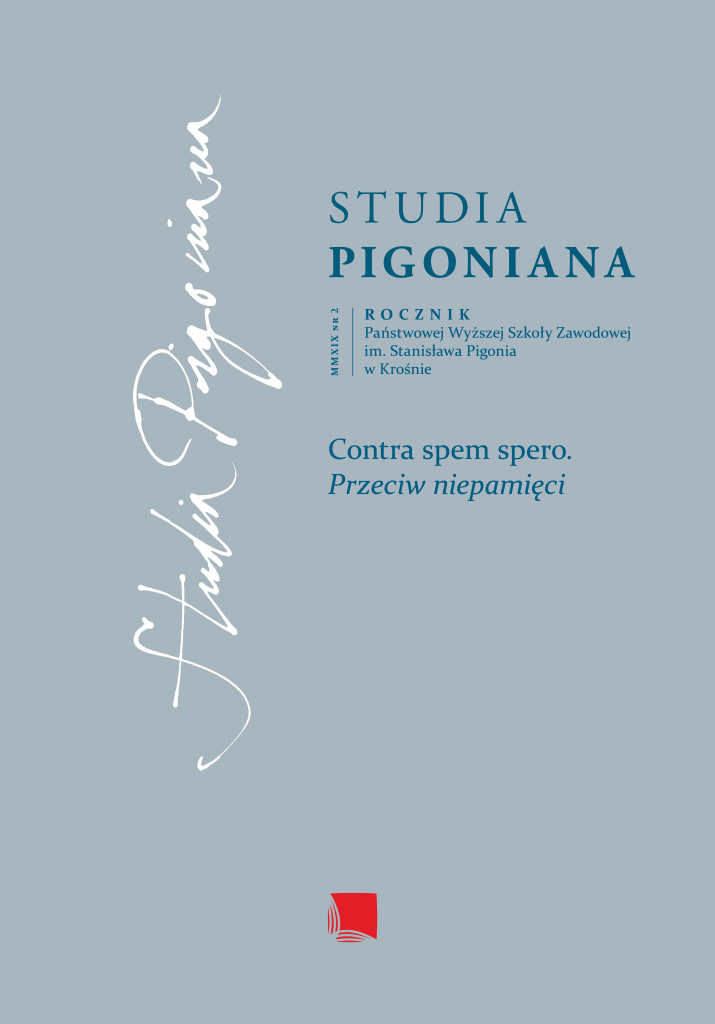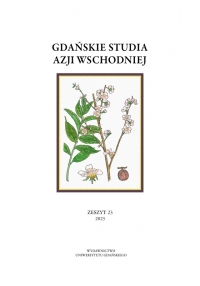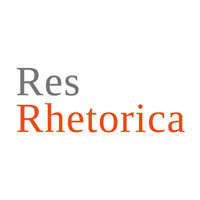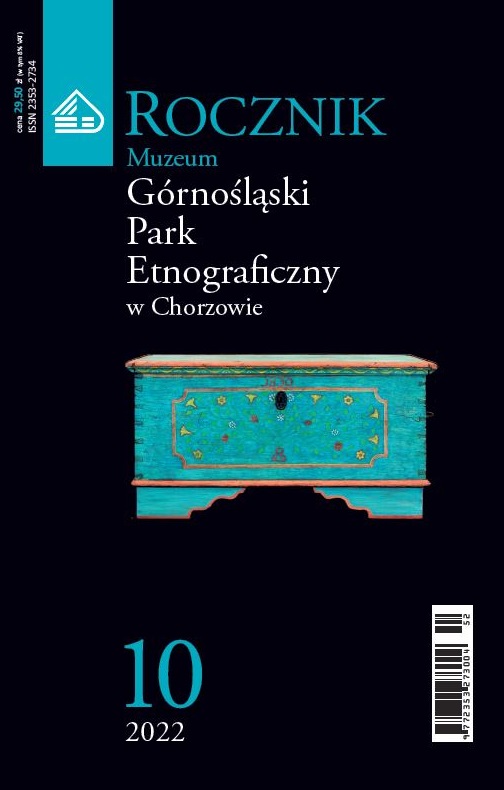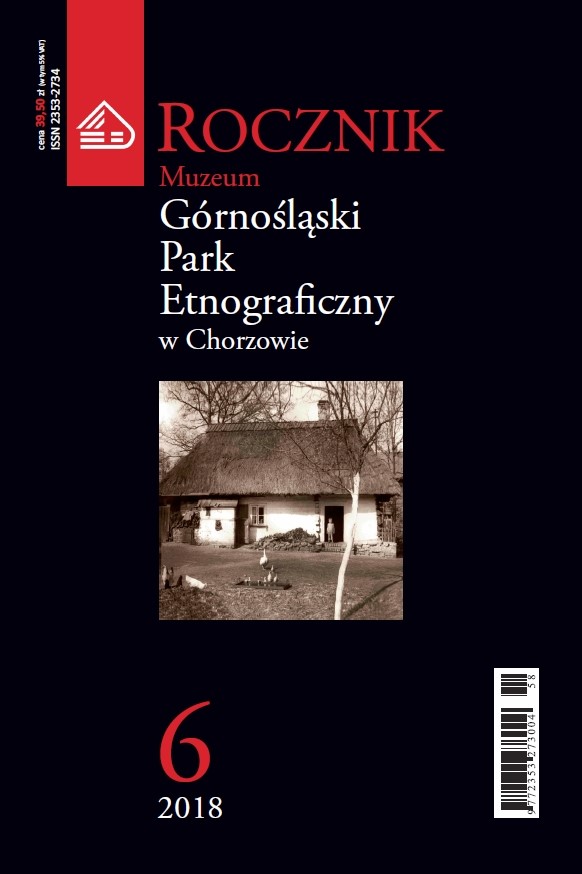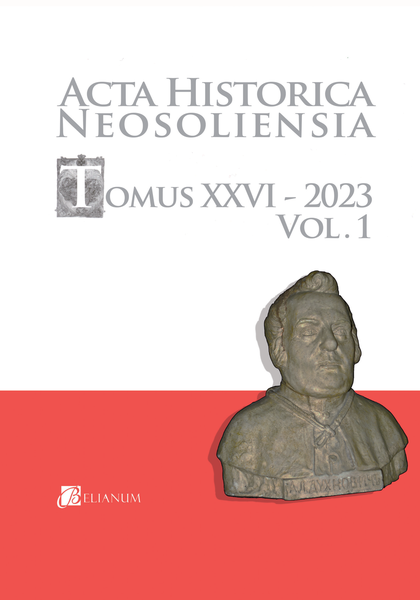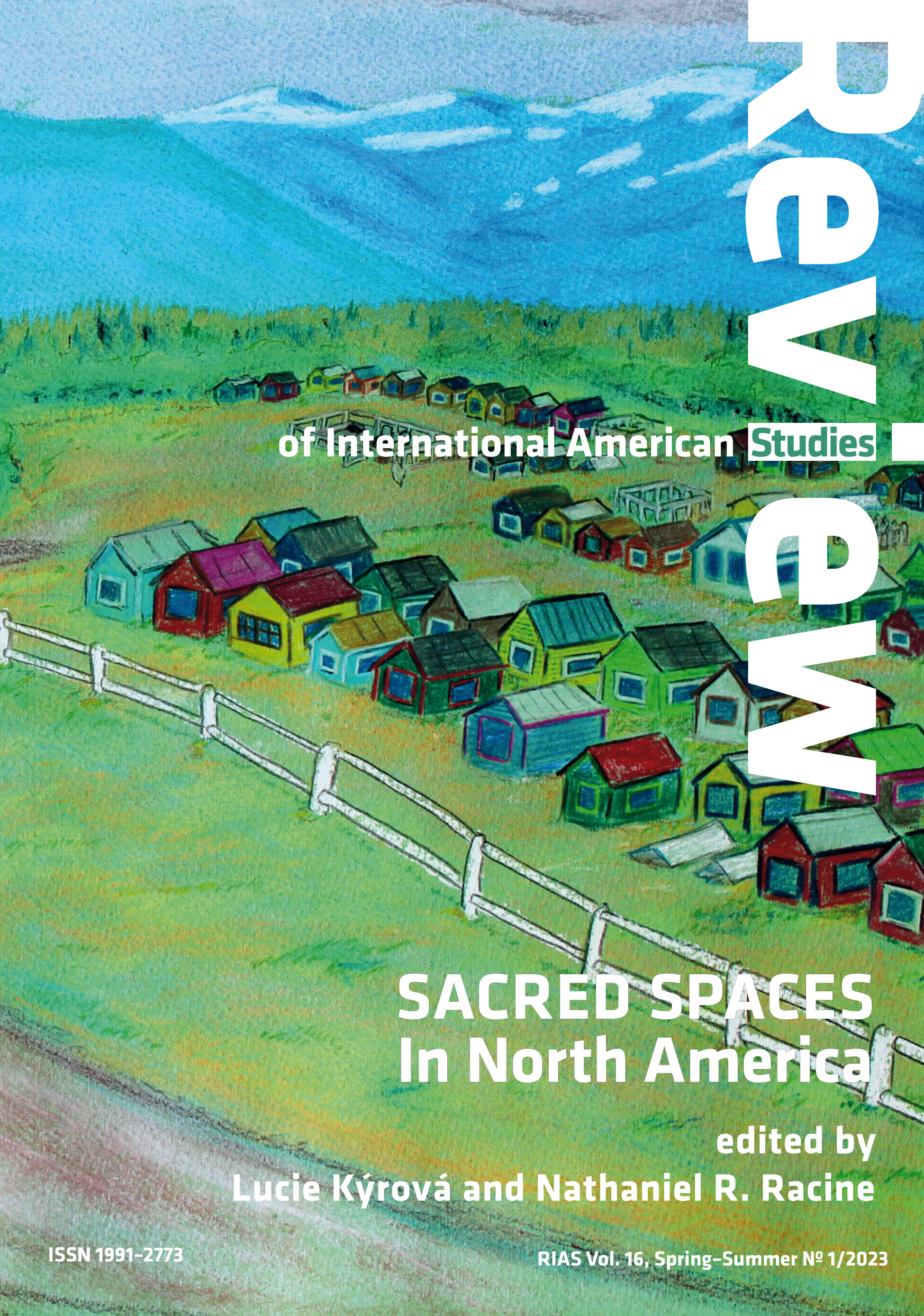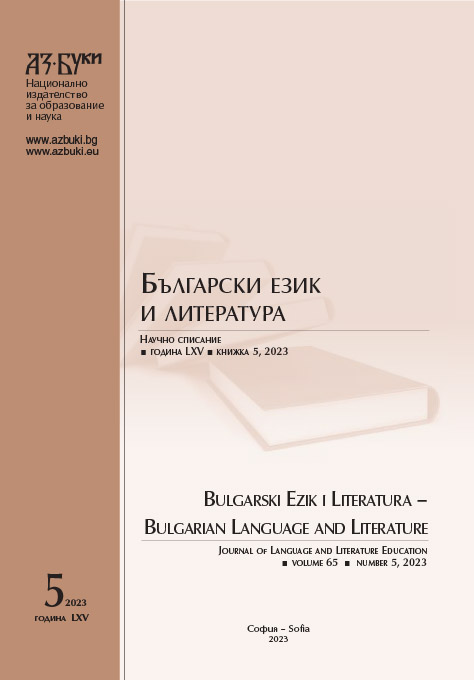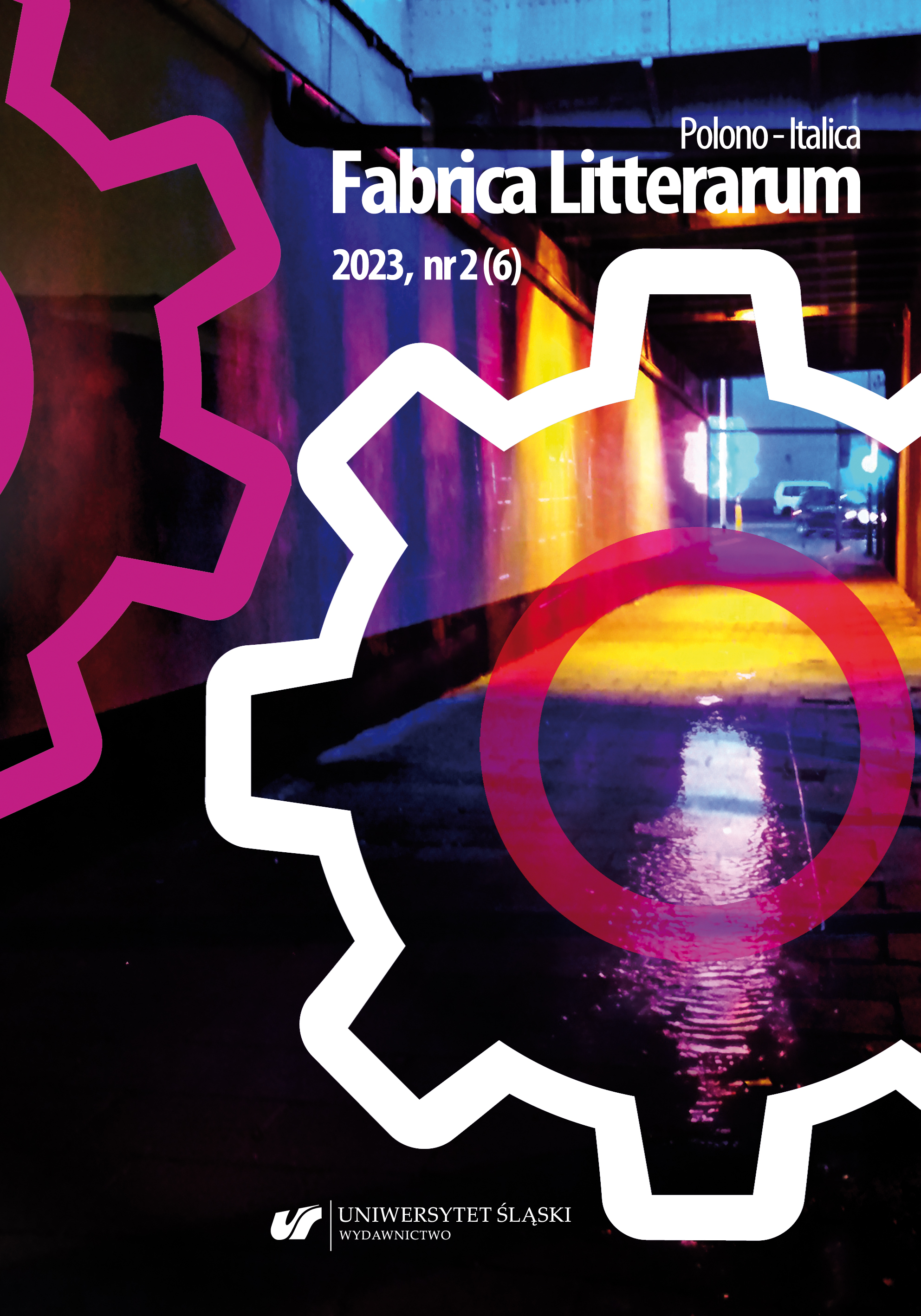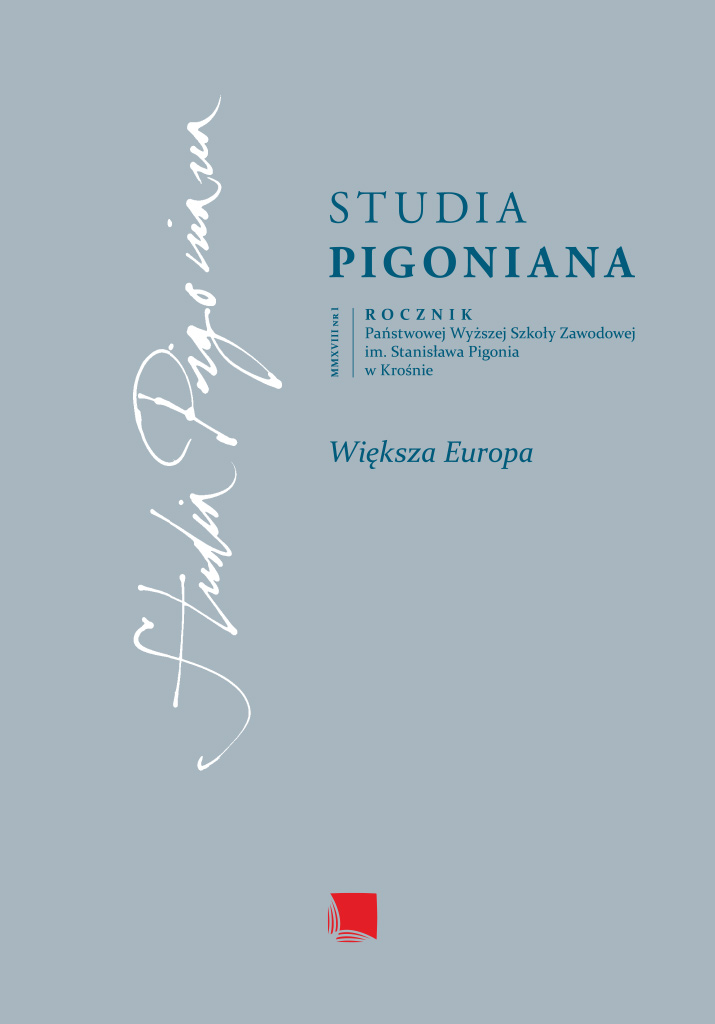
Dostoevsky on immortality of the soul and unearthly Paradise
Dostojewski o nieśmiertelności duszy i raju pozaziemskim Artykuł stanowi próbę opisu światopoglądu rosyjskiego pisarza i myśliciela Fiodora Michajłowicza Dostojewskiego (1821–1881) w kontekście rozumienia przez niego nieśmiertelności duszy ludzkiej oraz raju pozaziemskiego w opozycji do ateistycznych i antyteistycznych ideologii Rosji drugiej połowy XIX wieku, w tym przede wszystkim „bezbożnego socjalizmu”. Ukazuje fundamentalne różnice pomiędzy cząstkami ideowo-fabularnymi powieści Bracia Karamazow – Przewrót geologiczny, Legenda o raju i Wielki Inkwizytor – w kontekście rozważań pisarza o osobowej nieśmiertelności człowieka i jego istnieniu w „raju pozaziemskim”. W odniesieniu do bliskiej Dostojewskiemu ideowo postaci nacjonalisty Iwana Pawłowicza Szatowa z powieści Biesy została sformułowana teza o sprzeczności jego światopoglądu z chrześcijańskim uniwersalizmem, wyrażonym źródłowo w Liście do Galatów apostoła Pawła (3:28): „Nie ma Żyda ani Greka, nie ma niewolnika ani wolnego, nie ma mężczyzny ani kobiety, gdyż wy wszyscy jedno jesteście w Jezusie Chrystusie”.
More...
